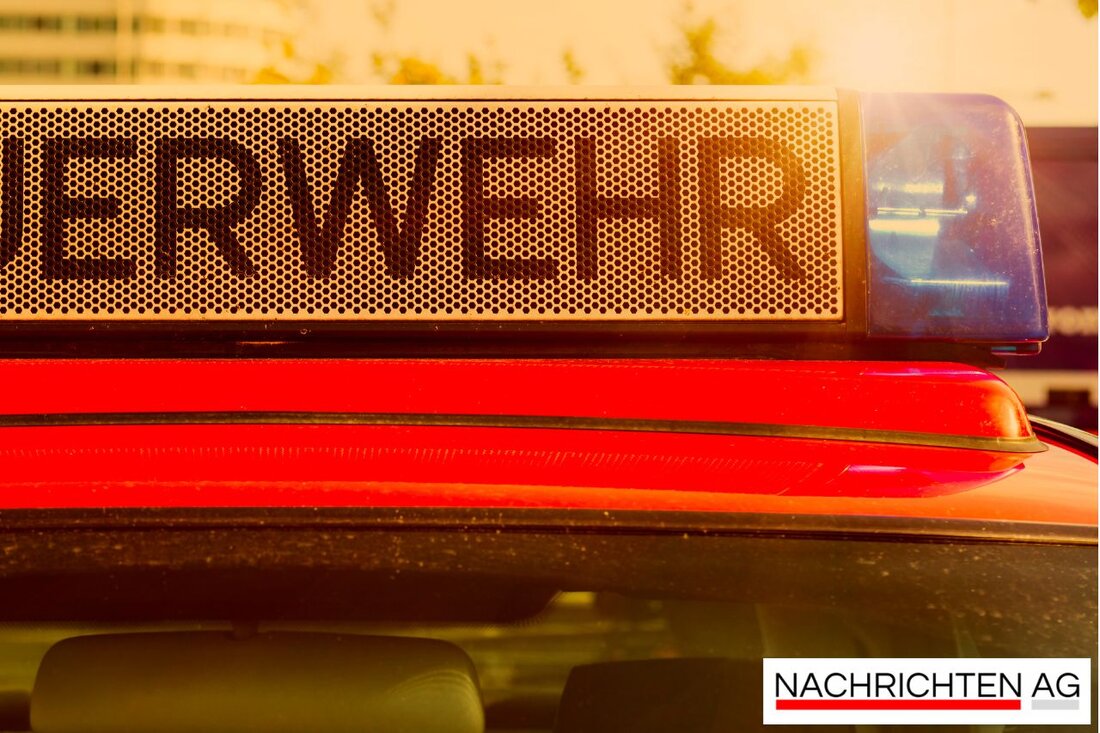Rosenow landfill: Fight against garbage and climate -damaging fires!

Rosenow landfill: Fight against garbage and climate -damaging fires!
Rosenow, Deutschland - In Germany, climate protection has played a particularly important role in waste management. Since then, there have been strict regulations for reducing harmful greenhouse gases from waste, which also affect the landfill in Rosenow, in the Mecklenburg Lake District district. Since June 1, 2005, the landfill law has been in force, which states that household waste may no longer be deposited without appropriate treatment. Dealing with waste has therefore changed fundamentally.
Every year, over 200,000 tons of household waste end up in the Rosenow landfill, which is operated by the Eastern Mecklenburg Vorpomeranian exploitation and landfill GmbH (OVVD). Interestingly, only around 40 percent of the household waste are deposited, while 20 percent are returned to the circular economy. The remaining 40 percent, often plastics, are sorted out and burned for energy use. These measures are not only economically sensible, but also make a clear contribution to climate protection, such as the Environmental Federal Office emphasized.
new challenges in waste management
The landfill can continue to exist by the continuously growing population and quantities of deposit until at least 2050. Investments of around 20 million euros in new sorting and witness plants are scheduled to meet the requirements. In contrast to the protests 30 years ago, the municipality of Rosenow has now arranged itself well. The population currently amounts to around 1,000 people.
A problem that is not to be ignored are the increasing fires in the landfill, which are triggered by the improper disposal of lithium-ion batteries. The local fire brigade has to deploy about nine times every year, and this tendency is rising. Another aspect is the cost of eliminating illegal garbage dumps that significantly burden the country and ultimately the taxpayers.
The international context and climate goals
The topic of landfill and waste management is also of great importance in the international context. Measures to reduce methane emissions are sought, which has a much higher climate -damaging influence than carbon dioxide. More than 100 countries have joined the Global Methane Pledge to reduce methane emissions by 2030.
The dynamic changes in waste management are not only a local topic, but also underline the need for environmentally conscious action in the context of global climate protection. The implementation of circular economy principles, as can also be used in the production of products and food, could potentially reduce emissions by almost half by 2050. Sustainable use of resources is crucial to reduce the demand for raw materials and to protect the ecosystems that are essential for the storage of water.
| Details | |
|---|---|
| Ort | Rosenow, Deutschland |
| Quellen | |
